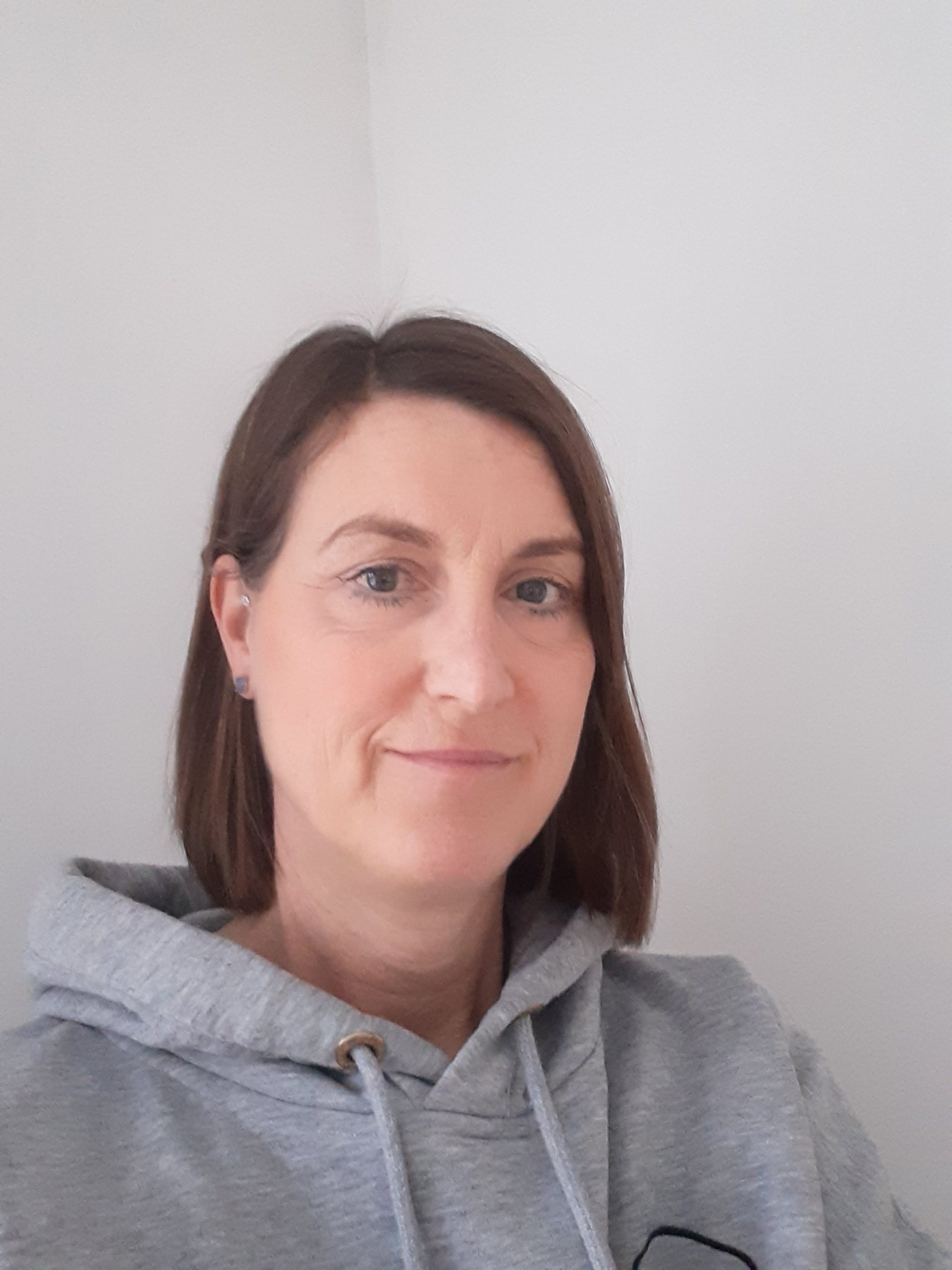Partnership striving to keep tenants safe
Birmingham Social Housing Partnership (BSHP) is a partnership of housing associations that work together to improve and influence how housing is delivered in Birmingham.
The Partnership has a designated Community Safety work stream which works closely with the city’s Community Safety Partnership Team – set up in response to the Crime and Disorder Act 1998 when statutory crime and disorder partnerships were established in all local authorities.
This work is co-ordinated by the Pioneer Group’s Julie Smartwho said, “We use a multi-agency approach, sharing best practice to support and deliver action around specific concerns for registered providers and partners, to effectively reduce the potential for harm and improve community safety.”
The BSHP Community Safety and ASB Practitioner Group was set up in 2008 following an agreement from the BHSP executive to ensure a collaborative partnership with Registered Providers, the city council and other statutory organisations.
Julie spoke about the Group which focuses resources and activities where they are most needed to address anti-social behaviour and community safety concerns and achieve long-term benefits for members, residents, communities, and organisations.
“In addition to ASB the group considers all aspects of community safety issues including domestic abuse, violence, knife crime, mental health, alcohol abuse and drug addiction and misuse, she said.
Looking to the year ahead, Julie feels there are key issues facing social housing in 2024.
“Widespread tenancy reforms, a high cost of borrowing and rising rents are just three,” she said.
“Government campaigns and media interest in anti-social behaviour increases the need for tighter regulations, increased scrutiny and pressure to get things right.”
In response to the Governments ASB Action Plan, and to ensure any gaps in provision are identified and positively exploited the practitioner group devised a framework to look at the content of members ASB policies to see what was and what wasn’t included.
Julie adds, “We reviewed the policies to look at the approaches and services we were offering and see how they differed to others in order to identify any possible gaps. The information we gathered helped to form an ASB Action Plan subgroup to identify areas where additional work was needed.
“We will continue to share practical advice and best practice and ensure our policies empower our staff so we can manage the expectations of all stakeholders, residents and partners, meaning our decisions can stand up to the closest scrutiny and that our work in communities is robust, gives confidence to our residents and meets our expectations, the consumer standards and the outcomes required by our Regulator.”
